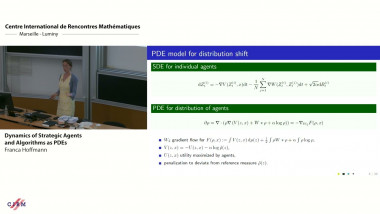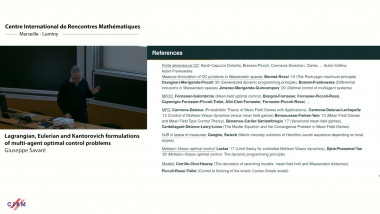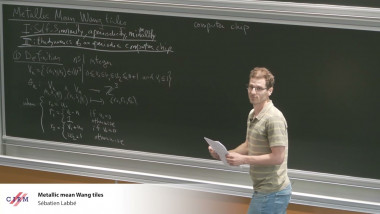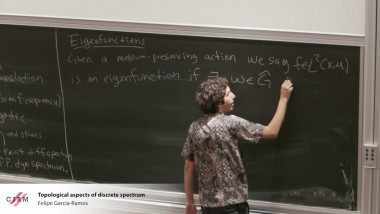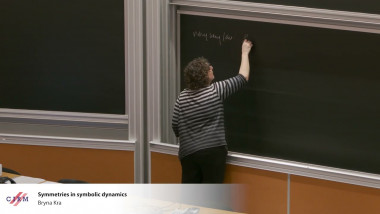Uncertainty quantification of climate sensitivity: State-dependence, extreme values and the probability of tipping
The Equilibrium Climate Sensitivity (ECS) remains not very well constrained, either by climate models, observational, historical or palaeoclimate data. Next to the classical (measurement) uncertainty, the spread in ECS values is due to dynamical aspects: (i) The climate system has strong internal variability on many timescales such that the equilibrium will only be relative to fixing slow processes. This implies the assumption that time scale separation exists and ECS values from palaeoclimate time series can be compared to short model simulations. Palaeoclimate records often determine the Earth System Sensitivity, which includes the integrated effect of slow processes and boundary conditions (e.g. geography, vegetation and land ice). (ii) The background state dependence of fast feedback processes: Information from the late Pleistocene ice age cycles indicates that ECS varies considerably between regimes because of fast feedback processes changing their relative strength over one cycle. (iii) Tipping elements in the climate system: Extreme values of palaeo-derived ECS suggest that the climate response is in a region where the assumption of linear response to perturbations breaks down. Here we show for climate system models with more than one regime and occasional switches between these regimes, we can empirically determine the probability of change in regime and confirm that extremes of climate sensitivity are associated with very high probabilities of tipping.
Joint work with Peter Ashwin



























